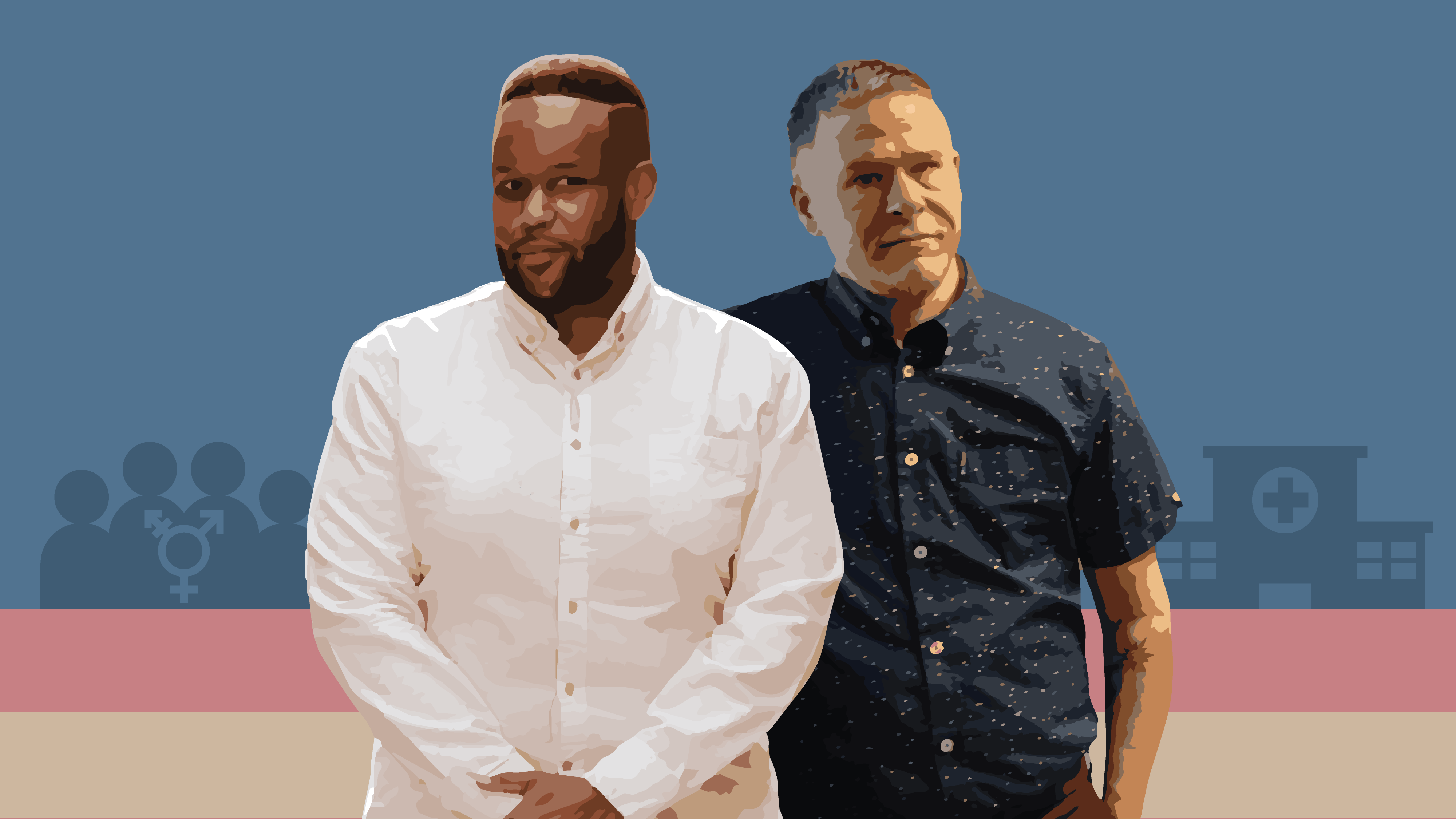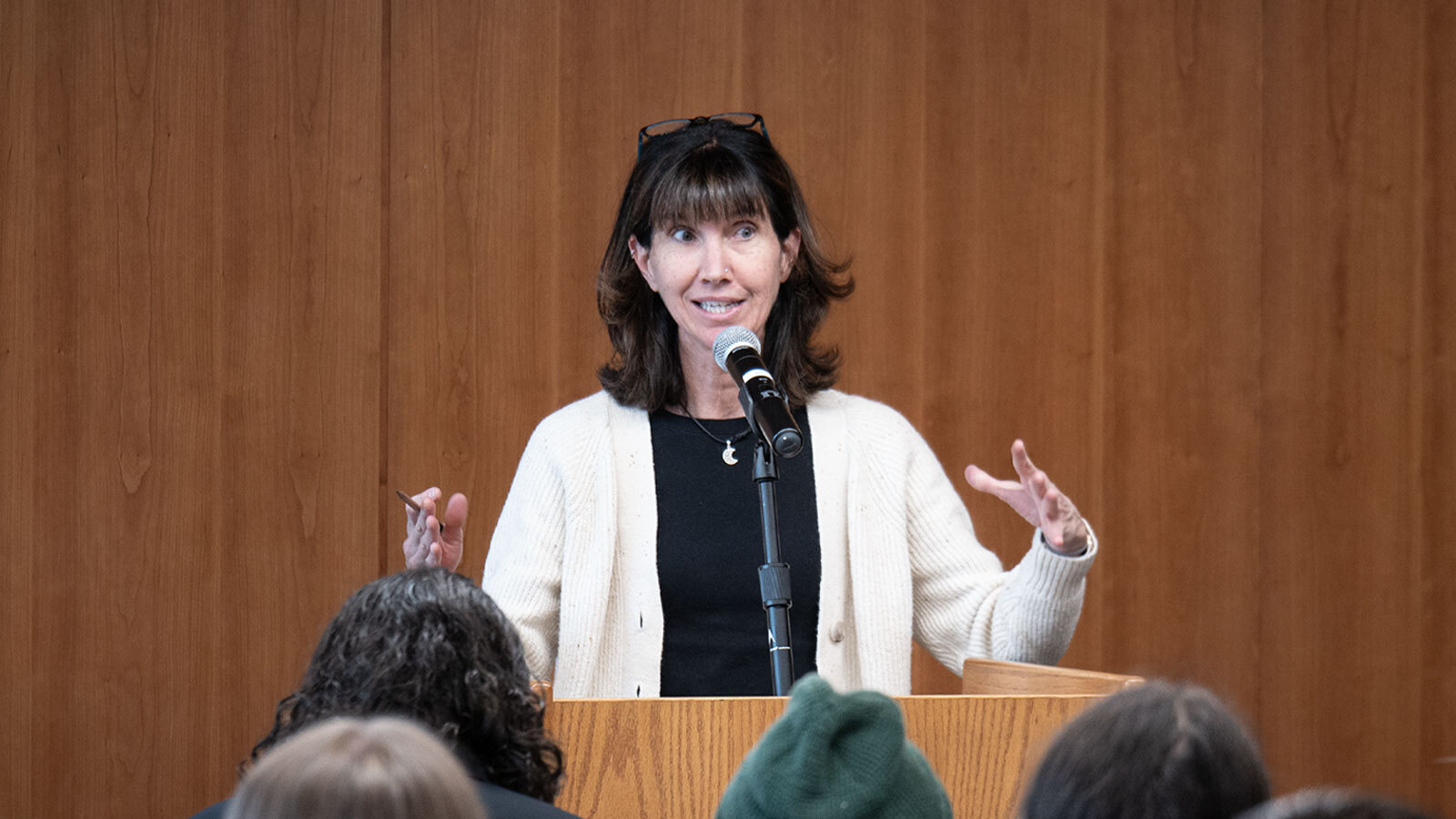Understanding Barriers To Health Care

Photo: Jamal-Jared Alexander, a technical communication and rhetoric Ph.D. candidate and Avery Edenfield, an assistant professor of technical communications and rhetoric
Understanding barriers to health care for African American, transgender individuals
By: Lyndi Robins, CHaSS Communications Journalist
Avery Edenfield, an assistant professor of technical communication and rhetoric and Jamal-Jared Alexander, a technical communication and rhetoric Ph.D. candidate, published a research paper which explores barriers to health care for individuals who are both African American and transgender.
For members of African American and transgender communities, there is often a lack of opportunities and resources due to discrimination based on race and/or sexuality. Edenfield and Alexander’s research examines how health care is impacted for individuals who are members of both communities.
According to Edenfield, being a member of either community puts one at risk for violence and discrimination, but chances of those situations multiply when an individual is a member of both the African American and transgender communities.
Edenfield and Alexander found that online forums were critical for the survival of individuals within these communities. Online forums are places where individuals within communities can gather over the internet to discuss ideas and experiences. To Edenfield, this is technical communication.
“Tactical technical communications, in this case, is using the resources that are available to you to poach them and create something for yourself,” Edenfield said. “One of the problems is, if you don’t have those resources to begin with, what are you left with?”
The article explores the idea of domestic violence as one example where these issues come together. Specifically, Edenfield and Alexander discuss how African American, transgender individuals experience domestic violence when they lack basic resources
“When we submitted this to reviewers, they said ‘domestic violence is not a health care issue,’ but it is. The dismissal of it as a health care issue is exactly the problem,” Edenfield said. “The example of domestic violence really shows that critical intersection of transphobic, racist, misogyny.”
Edenfield hopes his research will help people understand the impact of intersectional identities, such as being both African American and transgender. The combination of multiple forms of oppression has the ability to cause compact harm to individuals.
Edenfield notes that this research would not have been possible without the African American, female scholars such as Dr. Kimberlé Crenshaw, Patricia Hill Collins and others, whose research laid the groundwork for future studies.




